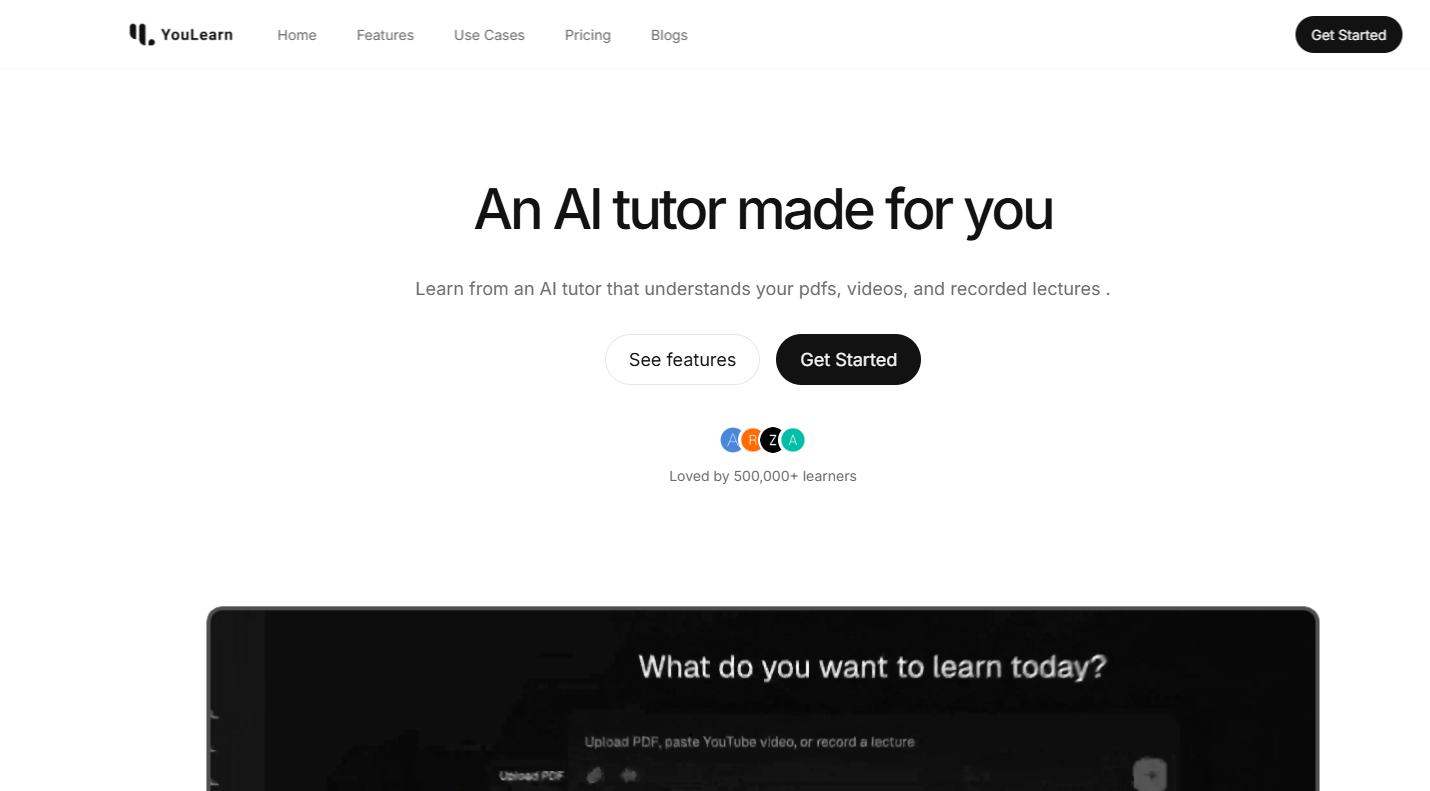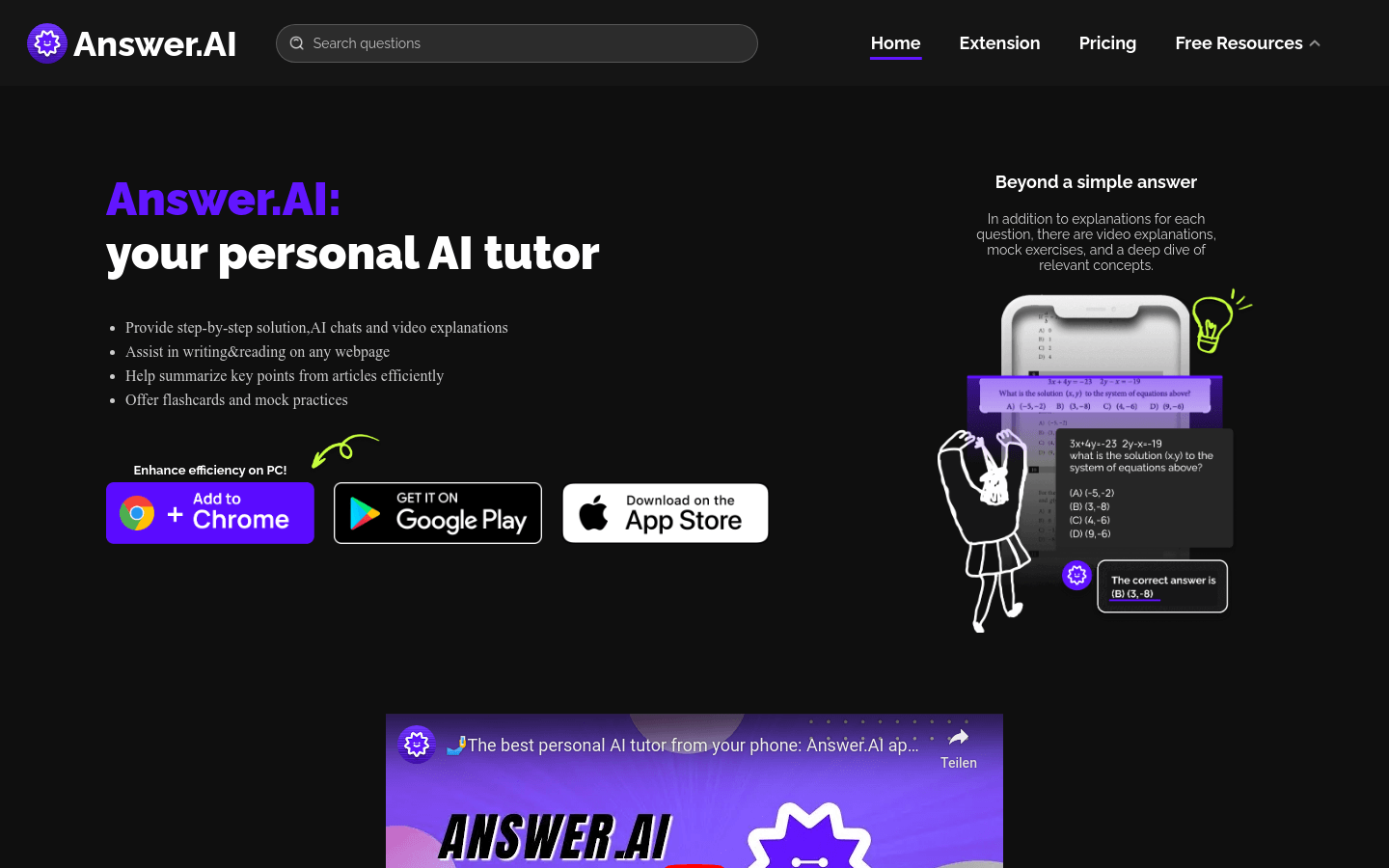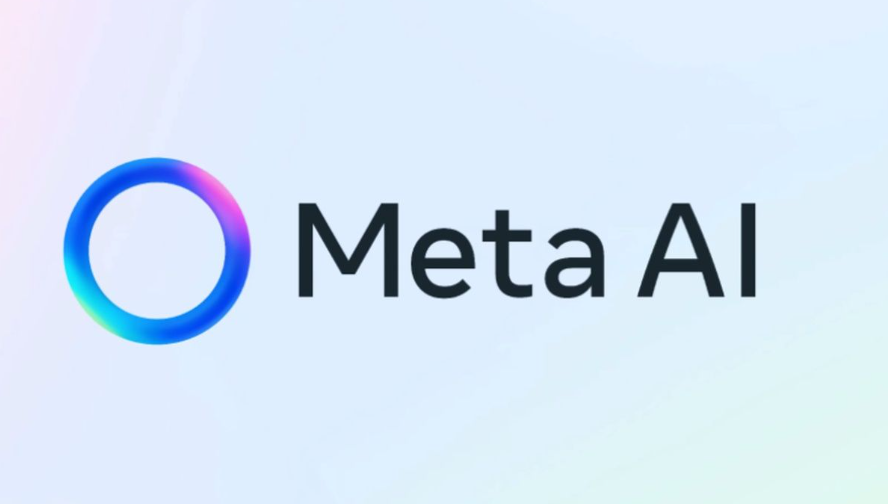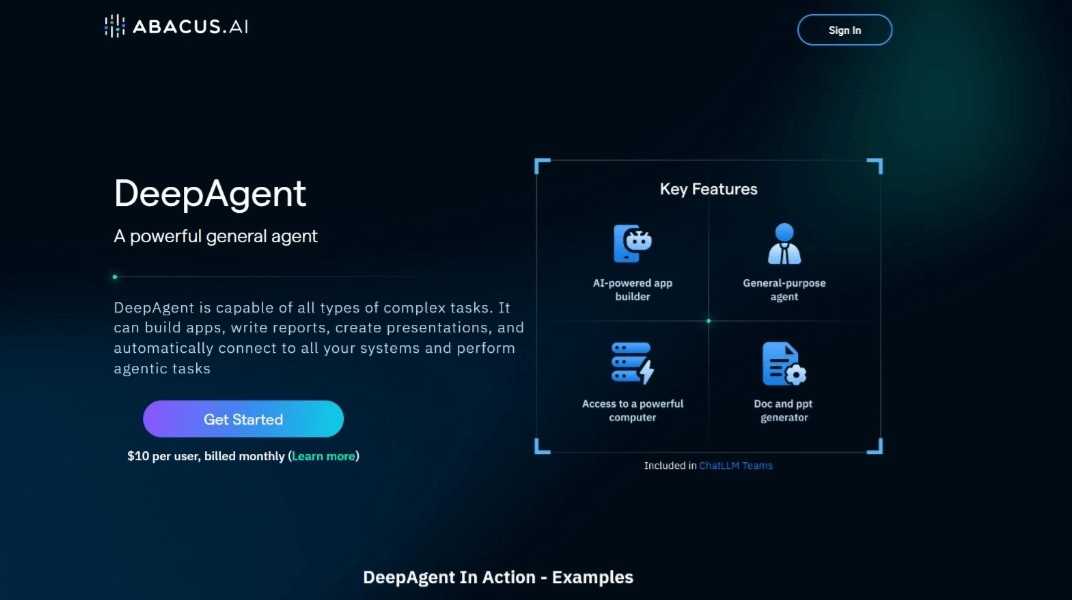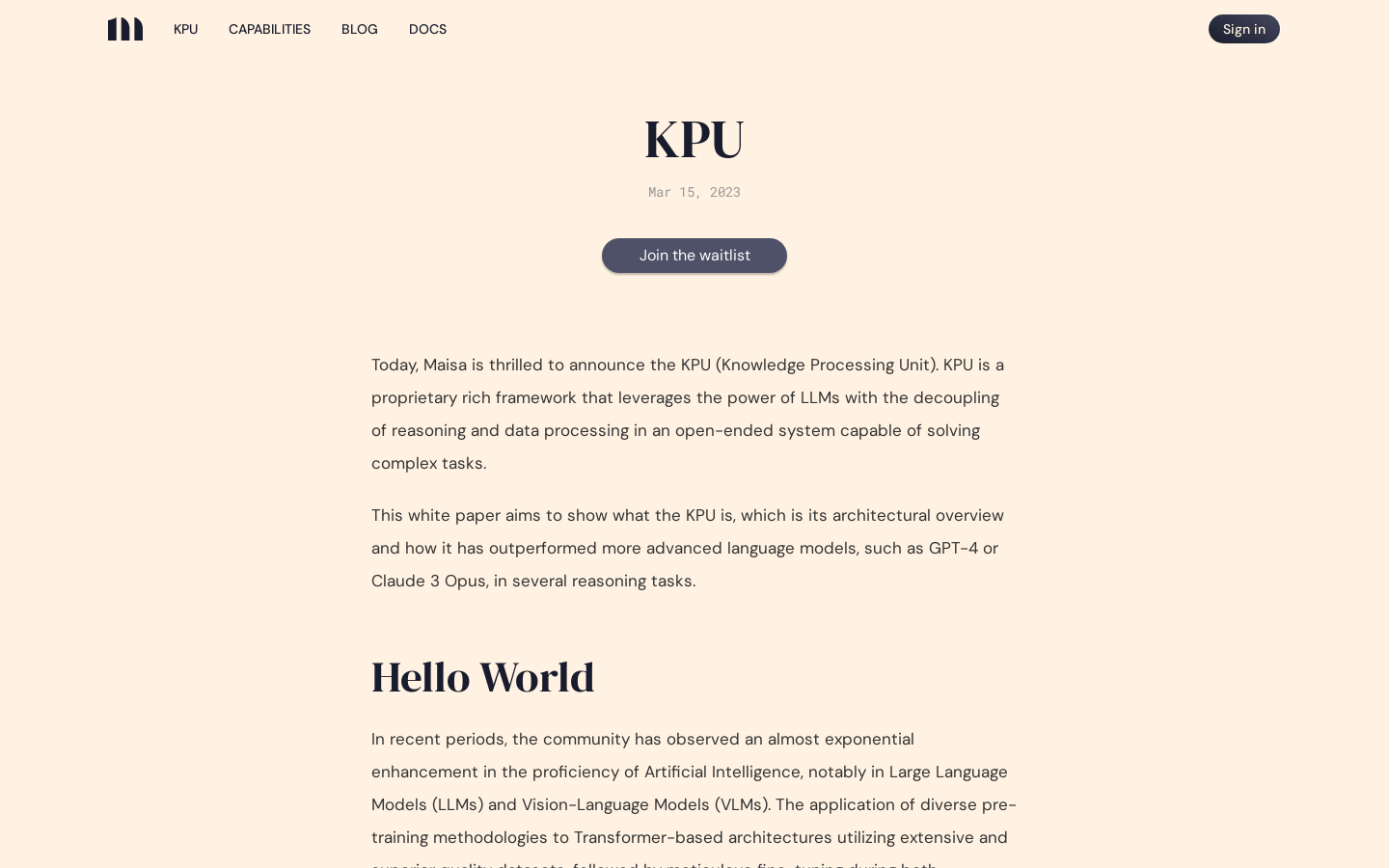
KPU (Knowledge Processing Unit) is a proprietary rich framework that leverages the power of large language models and separates inference and data processing in an open system capable of solving complex tasks. It consists of three main components: inference engine, execution engine and virtual context window. The inference engine is responsible for designing step-by-step plans to solve user tasks, leveraging large pluggable language models (currently extensively tested with GPT-4 Turbo). The execution engine receives commands from the inference engine and executes them, and the results are sent back to the inference engine as feedback for re-planning. The virtual context window manages data and information input and output between the inference engine and the execution engine. This architecture that separates reasoning and execution allows large language models to focus on reasoning, avoiding pitfalls such as lying, data processing, or retrieving the latest information. KPU aims to improve task quality and performance and solve challenges such as large data volume, multi-modal content, open problem solving and interactivity.
Demand group:
"KPU can be applied to scenarios that require complex reasoning and processing of large amounts of data, such as mathematical reasoning, reading comprehension, business intelligence and automation, etc."
Example of usage scenario:
For a business report automatic generation task involving a large amount of data, KPU can analyze and understand the relevant data and generate an easy-to-read report.
In the field of customer service, KPU can answer complex customer queries and fuse information from multiple data sources.
Design a mathematical problem generation and solution system with reasoning capabilities for educational scenarios.
Product features:
complex reasoning tasks
Large data volume processing
Multimodal content processing
open problem solving
Interact with external systems
